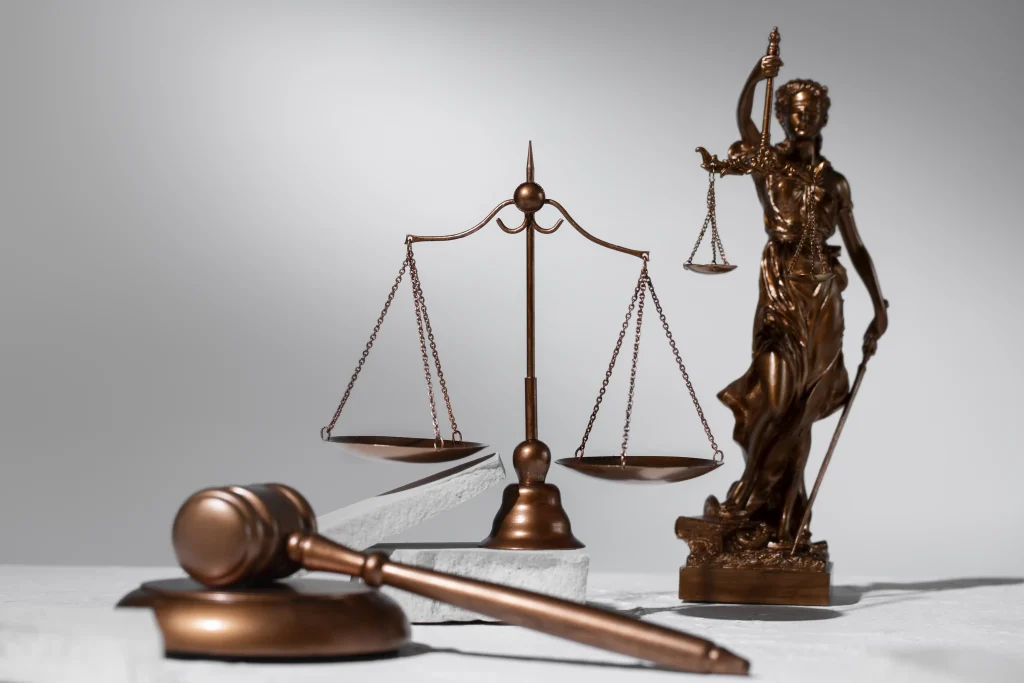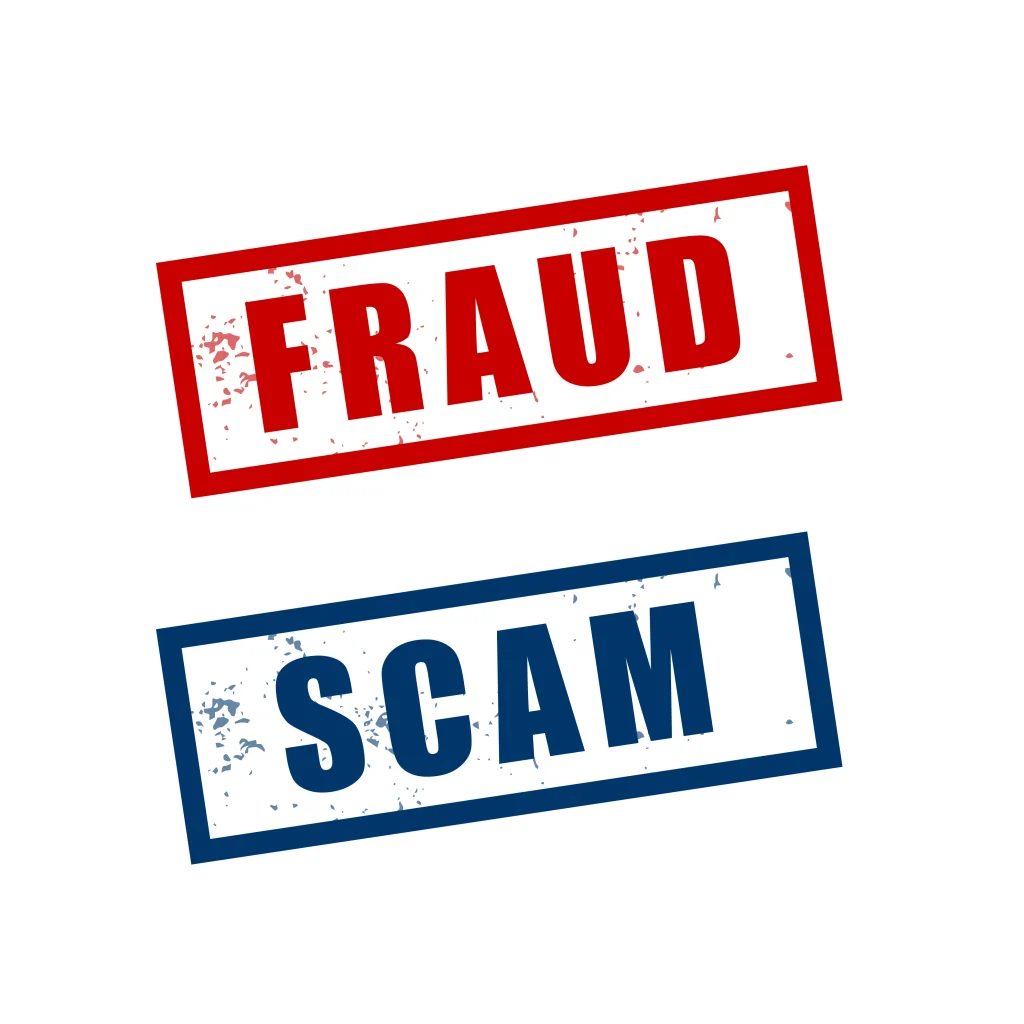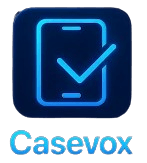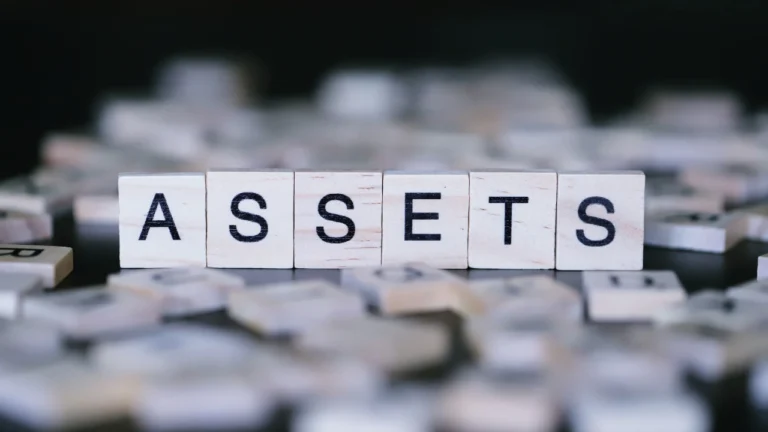🚨Westhill Exchange Debt Collection Harassment
Do you have a debt that has gone into delinquency and has been sold or transferred to a debt collection agency like Westhill Exchange by your original creditor? Are you now on the receiving end of increasingly offensive and harassing phone calls from the office of Westhill Exchange due to the fact that you have not paid the debt? Do you think Westhill Exchange is guilty of shady practices such as misrepresenting the amount you owe or calling unauthorized third parties and providing them with information about your debt? This is Westhill Exchange debt collection harassment, and it is unacceptable. All this and more are the reasons why it is important to know your rights under the Fair Debt Collection Practices Act and how they protect you from unfair debt collection practices, including the potential recovery of attorney fees.
The question, therefore, is: do you know your rights? Do you know how federal laws such as the FDCPA and the TCPA collaborate to ensure that you live a stress-free life free from oppression and debt collection harassment like Westhill Insurance phone harassment.
If you are currently receiving Westhill Exchange debt collection calls, then you should be aware that there are certain things that a third-party debt collector is legally expected to do. If they fail or refuse to do them, then it may amount to a violation of the FDCPA laws, and you may be awarded statutory damage up to $1000, alongside additional expenses.
A qualified lawyer can help you understand your rights better and help you put an end to Westhill Exchange debt collection harassment. Reach out to an A+ accredited BBB lawyer at 877-700-5790. They offer a free case evaluation to help you understand your rights and potential compensation without any initial cost.
Understanding Westhill Exchange LLC
Westhill Exchange LLC is a third-party debt collection agency based in Aurora, Colorado. Established in 2009, this company has been involved in collecting debts on behalf of various clients. Despite its longevity, Westhill Exchange LLC is not accredited by the Better Business Bureau (BBB) and has received numerous complaints from consumers regarding Westhill Exchange debt collection harassment and its debt collection practices. As a debt collection agency, Westhill Exchange LLC must adhere to the Fair Debt Collection Practices Act (FDCPA), which sets strict guidelines to prevent abusive, deceptive, and unfair practices in debt collection.
Below is a list of the things that Westhill Exchange is expected to do in their communications with you.

Is Westhill Exchange a scam?
No, Westhill Exchange is not a scam. According to the Better Business Bureau website, Westhill Exchange has been in business since 2009, and there have been 15 complaints closed in the last 3 years and 4 complaints closed out in the last 12 months.
Who is Westhill Exchange?
Westhill Exchange is a third-party debt collector located in Aurora, Colorado.
📲Contact Information
Office of Westhil Address: 2851 S Parker Rd STE 310 Aurora, CO 80014-2733 Phone: (888) 407-5650
Westhill Exchange Phone Numbers
Are you receiving any harassing phone calls from any of these numbers?
888-407-5650, 844-937-8554, 877-308-8728, 708-384-5908, 708-799-9661, 888-243-0014, 833-505-1613, 801-451-7741, 801-610-6735,
If so, you may be a victim of Westhill Insurance debt collection harassment. Contact our office right away so we can start the process to stop Westhill Exchange from calling you illegally.
What Should A Debt Collection Agency Do When Communicating With You?
According to laws like the FDCPA, when a debt collector is communicating with you, they must:
- Tell you who they are: Debt collection agencies are required to tell you that they are a debt collector and that any information they obtain may be used in the process of collecting on the debt. They should also tell you the name of the agency which they represent. In addition, the debt collector must tell you that you have the right to dispute the claim. This is quite similar to the Miranda law.
- They must tell you the name and address of original creditor to whom you owed the debt: During Westhill Exchange debt collection, they must give you information about where the debt originated from and provide contact information for that creditor. If you don’t remember ever acquiring such debt, it is advisable that you request them to send you a written validation within 5 days. If the details still don’t add up, then you have 30 days to dispute the debt.
- Be willing to give you a verification of the debt: As mentioned earlier, you are allowed to demand proof during Westhill Insurance debt collection of the debt which they claim you owe. The verification should contain specific details such as the name of the original creditor, the amount of the loan, and the interest rate on the loan. They are expected to provide this information before continuing attempts to get you to pay up your debts. If they fail to provide you with this information and they keep calling you, that is Westhill Exchange debt collection harassment.
Consumers may recover court costs along with damages when enforcing their rights under the FDCPA.
Fair Credit Reporting Act (FCRA) and Debt Collection
The Fair Credit Reporting Act (FCRA) is a federal law that regulates the collection and reporting of consumer credit information. The FCRA requires debt collectors to provide accurate and complete information about debts to credit reporting agencies. Westhill Exchange, as a debt collection agency, is subject to the FCRA and must comply with its provisions. This includes prohibitions against Westhill Exchange debt collection harassment, and mandates informing consumers of their rights under the FCRA, including the right to dispute inaccurate information on their credit reports.
Fair Debt Collection Practices (FDCPA)
The Fair Debt Collection Practices Act (FDCPA) is a crucial federal law designed to protect consumers from abusive Westhill Exchange debt collection harassment. Under the FDCPA, debt collection agencies are prohibited from engaging in several harmful behaviors, including:
- Threatening to take actions that cannot legally be taken, such as arresting the debtor.
- Failing to verify debts when requested by the consumer.
- Using abusive or threatening language during communications.
- Harassing consumers through repeated or continuous phone calls.
- Using false or misleading information to collect a debt, such as misrepresenting the amount owed.
Debt collectors are also required to provide consumers with specific information, including the amount of the debt, the name of the creditor, and the consumer’s rights under the FDCPA. Understanding these protections can help consumers stand up against unfair debt collection practices.

Debt Collection Practices and Violations
Debt collection agencies, including Westhill Exchange, are prohibited from engaging in certain practices that are considered abusive or harassing. These practices include:
- Making false or misleading statements about the debt or the consumer’s credit report
- Threatening to sue or garnish wages without intending to do so
- Contacting consumers at work or at inconvenient times
- Disclosing debt information to third parties without the consumer’s consent
- Failing to provide consumers with written notice of the debt and their rights under the FCRA
Consumers who believe that Westhill Exchange or another debt collection agency has violated their rights under the FCRA or other federal and state laws may file a complaint with the Federal Trade Commission (FTC) or their state Attorney General’s office.
How to Stop Westhill Exchange Debt Collection Harassment
If you are experiencing Westhill Exchange debt collection harassment from Westhill Exchange LLC or any other debt collection agency, there are several steps you can take to stop the unwanted contact. First, you should send a written request to the debt collector, asking them to cease all communications with you. This request is legally binding, and the debt collector must comply.
If the harassment continues after your request, you can file a complaint with the Federal Trade Commission (FTC) or your state’s Attorney General’s office. These agencies can investigate the debt collector’s practices and take action if they are found to be in violation of the law.
Additionally, seeking the assistance of a law firm that specializes in Westhill Exchange debt collection harassment can be beneficial. These firms can help you understand your rights under the FDCPA and take legal action to stop the harassment. They often offer free case evaluations to help you determine the best course of action.
Credit Reports and Debt Collection
Credit reports play a critical role in the debt collection process. Debt collectors, including Westhill Exchange, may report debts to credit reporting agencies, which can negatively impact a consumer’s credit score. However, consumers have the right to dispute inaccurate information on their credit reports, including debts that are not theirs or debts that have been paid. Westhill Exchange debt collection harassment can occur, but consumers can also request that debt collectors provide them with written verification of the debt, which must include the amount of the debt, the name of the creditor, and the date of the debt.
Unauthorized withdrawals from a consumer’s bank account by debt collection agencies can be a serious issue, and consumers are protected under the Electronic Fund Transfer Act (EFTA) if deductions are made without consent.

How To Improve Your Credit Score
A credit score is a three-digit number lenders use to judge your risk. Higher score = better loan terms.
Quick steps:
Check your score regularly (use free services).
Pay bills on time; set up autopay and pay more than the minimum when possible.
Keep only necessary credit accounts; avoid opening new accounts you don’t need.
Don’t rush to close old cards — length of history and available credit help your score.
Keep balances low vs. limits (aim for under ~30% utilization).
Dispute errors immediately with Experian, TransUnion, and Equifax.
Avoid multiple loan or card applications in a short time.
Fix the root causes (clear delinquencies, resolve collections) and be patient — credit repair takes time.
Protecting Your Credit Report from Debt Collection Agencies
Debt collection agencies, including those like Westhill Exchange, can significantly impact your credit report, often lowering your credit score if they report a debt to the credit bureaus. To protect your credit report, it’s essential to monitor it regularly for accuracy. You are entitled to a free credit report from each of the three major credit bureaus (Experian, TransUnion, and Equifax) once a year. If you find any errors on your credit report, you should dispute them immediately with the credit bureau. This involves sending a written dispute, after which the credit bureau is required to investigate and correct any inaccuracies. Another effective measure, especially in cases of Westhill Exchange debt collection harassment, is placing a credit freeze on your credit report. A credit freeze restricts access to your credit report, preventing debt collectors from reporting debts and protecting your credit score from further damage.

Westhill Exchange LLC Complaints
The following is a sample list of complaints filed against Westhill Exchange and can be found on Pacer.gov.
1:17-cv-07815 Adams v. Westhill Exchange, LLC, et al
1:14-cv-02362-WYD-CBS Whipple v. Westhill Exchange LLC
2:14-cv-00563-CW Kendall v. Westhill Exchange
1:13-cv-04105 McLaughlin et al v. Westhill Exchange LLC et al
Lawsuits and Wage Garnishment
In some cases, debt collectors like Westhill Exchange may file a lawsuit against a consumer to collect a debt. If the court rules in favor of the debt collector, the consumer may be subject to wage garnishment. It allows the debt collector to deduct a portion of the consumer’s wages to pay off the debt.
However, consumers have rights under federal and state laws that protect them from wage garnishment, including the right to request a hearing to dispute the debt or the amount of the garnishment. Consumers who are facing a lawsuit or wage garnishment from Westhill Exchange or experiencing Westhill Exchange debt collection harassment or another debt collection agency should seek the advice of an attorney to protect their rights.
Westhill Exchange Settlement and Lawsuits
If Westhill Exchange LLC or another debt collection agency has filed a lawsuit against you, it’s crucial to seek legal assistance. A law firm specializing in debt collection lawsuits can help you understand your rights and develop a defense strategy.
In some cases, settling the debt with the debt collector may be a viable option. However, it’s important to thoroughly understand the terms of the settlement and ensure it is in your best interest before agreeing. Researching Westhill Exchange LLC’s history of complaints and lawsuits, including those related to Westhill Exchange debt collection harassment, can provide valuable insights into their practices and help you make an informed decision.
Westhill Insurance LLC has been involved in several lawsuits and has received numerous consumer complaints. If you are considering settling a debt with them, it’s essential to be aware of the potential risks and seek professional advice to protect your interests.
🏛️CONSUMER RIGHTS LAW FIRM, PLLC
Consumer Rights Law Firm, PLLC is a law firm that specializes in helping clients who are facing Westhill Exchange debt collection harassment from debt collectors. You suspect that your debt collection rights are being trampled? Contact our office to begin the process to stop Westhill Exchange debt collection harassment you may currently be receiving from Westhill Exchange. Our office has been assisting consumers since 2010, and we have an A+ rating with the Better Business Bureau.
Call us at (877)700-5790 for immediate assistance.
FAQs
Who is Westhill Exchange and why are they calling me?
Westhill Exchange, LLC is a third-party debt collection agency contacting consumers about past-due accounts. If they’re calling you, they likely believe you owe a debt they’re trying to collect.
Is Westhill Exchange a legitimate collector or a scam?
They are a legitimate, Colorado-based debt collector founded in 2009—although many consumers have reported harassment. They do operate under FDCPA regulations.
How do I stop Westhill Exchange from calling me?
First, send a written request to stop all contact. If calls persist, document them. Now file complaints, and consider consulting a consumer rights attorney for enforcement or legal action.
Can Westhill Exchange contact my employer about my debt?
Debt collectors generally cannot discuss your debt with your employer</strong>. They may only contact them once to confirm your employment status or workplace location, but revealing details of your debt to them is illegal.
Why am I getting Westhill Exchange calls for someone else’s debt?
Sometimes collectors use outdated or incorrect information. If you’re receiving calls for a debt that isn’t yours, you have the right to demand verification and require them to stop contacting you if they cannot prove you owe it.
Can Westhill Exchange add fees or interest to the original debt?
They cannot arbitrarily inflate your debt. Any additional fees or interest must be permitted in the original agreement or allowed by state law. Otherwise, adding charges may be considered unlawful.
What happens if Westhill Exchange places a collection account on my credit report by mistake?
If they report inaccurate debt, it can damage your credit score. You should file a dispute with the credit bureaus and request validation directly from Westhill Exchange to remove false reporting.
Does Westhill Exchange use social media or text messages to contact consumers?
Yes, debt collectors can now legally use email, text, or social media under new CFPB rules. But they must follow strict guidelines. If Westhill Exchange uses these channels to harass you, that may be a violation of the law.







